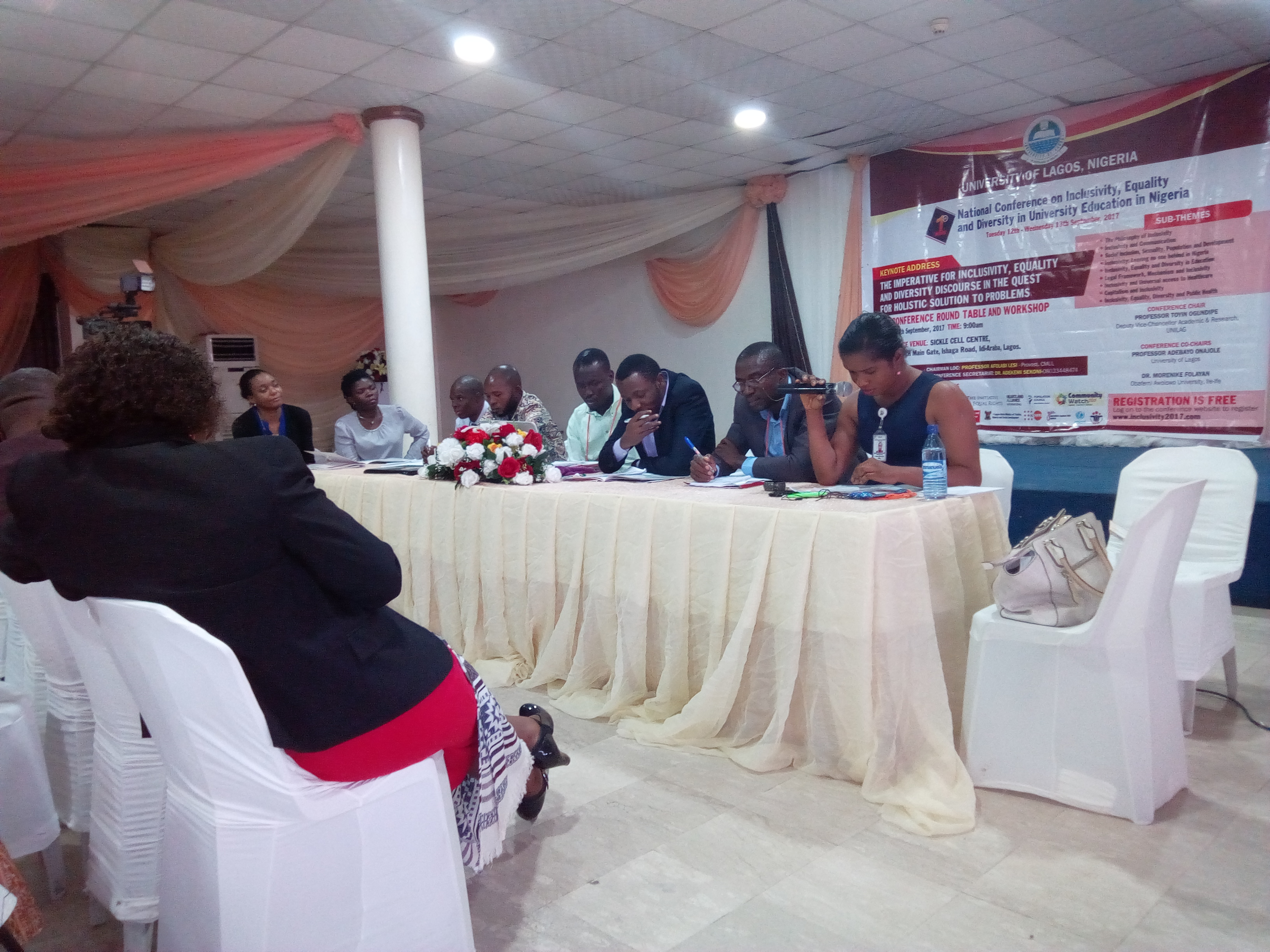Essay: Invisible Yet Visible: What happens when your safe space is no longer safe?

By Foluwasayo
Outside of biological family, queer people have mastered the art of having a different family-a chosen family. The chosen family makes up a big part of your support system. They are supposed to see you, love you and make space for you even when nobody else does. The friendship in a chosen family is especially deep, accountable, full of love for you and a desire to see you grow, expand and embrace your life. Asides from queer people, women are also advised to have a chosen family, a circle of friends who will uplift you and love you as you weave through the cis-hetero patriarchal waters of life. As a queer woman, I have learnt from a very early age the importance of that support system. And I had my people, people who at least seemed like they were not interested in sustaining the status quo.
We all pray at some point in our lives, our points of prayers different and peculiar to our situations at any moment. As a queer woman who grew up in a very religious environment, I have had to pray many times. I prayed I wouldn’t discover myself, I prayed the gay away every time I found myself staring at a woman in church. I prayed when I found myself, embracing all the layers I peeled away, I prayed as I healed my bleeding skin and washed myself of years of religious condemnation.
A state is supposed to protect all of its citizens but in Nigeria, a particular group of citizens have been hunted down, demonized, dehumanized and stripped of human rights, without the state caring about making things right. Everybody exists but queer people in the country are forced to wear a visible cloak of invisibility. I prayed as I navigated coming to terms with the fact that the government actively hunts people like me. But what I did not pray to see was a friend on her knees begging her god not to give her any queer children.
I took pride over the last two years in the fact that I had an impregnable source of strength but nothing prepares you to see the people you trusted pray so hard because deep down, they believe you are an abomination and people like you do not belong in the society. Nothing prepares you to see that your friends turned sisters simply believe your sexuality is a phase stemming from societal conditioning. It makes you think once again whether heterosexuality is no longer societal conditioning. Queer people in Nigeria grow up under heavy heterosexual influence, so, it comes as a surprise that there are cisgender heterosexual people who believe that homosexuality results from what we see on the television and people around us. Regardless, non-cisgender heterosexual identities in mainstream television are almost non-existent.
Ever since this homophobia was cemented in the legal structures of the country, violence against queer people have been on the rise and sometimes, this violence is almost unseen. The violence is in how queer kids have to slowly detach from their parents so that getting disowned won’t hurt as much when it eventually happens, the violence is in how we don’t have access to our history even as we participate actively in the society, the violence is in how people can tell us they are friends and allies and boast about how they pray to God not to give them children like us-not because they are scared for the safety of those kids but because queer people are just not normal according to their holy books. The violence is in how people can say to you: ‘I am homophobic” while understanding that they have access to your personal safe space and you have no one, not even the state that birthed you to protect you.
Living at the intersections of so many identities means you should have grown a tough skin to every critique or opinion that comes with embodying who you are. It means your pain is meant to be your second skin and nobody wants to see how it pricks your skin in return. This has led to queer people creating safe spaces for themselves. Your safe space could be with friends who care and will fight for you, a community that offers love and growth. Yet, when these safe spaces are infiltrated, it is simply treated like it hasn’t been infiltrated. The microaggressions that come from being queer are not visible to other people. If they are, they choose not to help.
Despite it all, I choose joy. In the words of my partner:
“In a world that thrives on us not having any joy or love, we deserve to have and enjoy our joy and love”
I can’t guarantee that I won’t meet people in the future who will act as friends and say the right things but express disgust in the confines of their homes for my sexuality or pray for my salvation, but my community is queer, and it won’t stop me from working for queer liberation. I am not a sin. I am not an experiment. I am a human being who will be respected and will keep living on her terms. E choke.

